Interview with Marci Shore | “Russians are going into Ukraine to kill Ukrainians and to be killed themselves”
Oleksandr Pankieiev: What does the Russo-Ukrainian war tell us about the nature of “evil” in the contemporary world? How should one understand social and political “evil” today?
Marci Shore: I would not put the word evil in scare quotes. Postmodernism has brought us not only a skepticism about the ontological reality of truth but also a skepticism about the ontological reality of evil. I appreciate many of the insights of postmodern philosophy. I am not, though, a skeptic about the existence of evil.
Twenty years ago, when I was teaching at Indiana University, the historian Tony Judt gave a lecture there. In reflecting upon 20th-century Europe he said, “We are unwise to laugh too quickly at those who describe the world as a conflict between good and evil. If you can’t use the word ‘evil,’ you have a real problem thinking about what happened in the world.” That has stayed with me.
I’ve been thinking about evil a lot in the past several years: watching the Trump administration wrench children away from their parents at the border and toss them in cages; reading Stanislav Aseyev’s account of his captivity in Izolatsiia, a prison complex with torture chambers in Donetsk; listening to Roman Protasevich give his gruesome confession-extracted-by-torture on Belarusian television in 2021. I became preoccupied with analyzing that confession, which I then wrote about in an essay titled “This is What Evil Looks Like: Towards a Phenomenology of Evil in Postmodern Form.”
What makes today’s evil—and today’s neo-totalitarianism, let’s call it—different from the evil and totalitarianism that I study in the 20th century is the obnazhenie: nothing is hidden; everything is laid bare. We’re watching it all in real time, over the Internet. Imagine it was 1942 and we had a live stream into the gas chambers. This is not just a technological difference; it’s an existential difference. Evgeniy Prigozhin openly calls himself “Putin’s butcher.” Kremlin propagandist Margarita Simonyan publicly declares that Russia is blackmailing the world with starvation: “vsia nadezhda na golod.” All our hope is in famine. Protasevich’s television personality-interrogator, Marat Markov, plays his role with a gleam in his eye. He knows it’s all a performance. And he knows that the audience knows. And he takes obvious delight in the performance qua performance.
Pankieiev: What is the best way to make the atrocities of war more comprehensible to Western audiences? To what extent are appeals to shared values and collective security effective?
Shore: The only way to make the atrocities more comprehensible is through stories about individual people. Anything not about actual human beings and their real lives is an abstraction.
Pankieiev: How will the war influence the European cultural environment in general and European intellectual historiography in particular?
Shore: In case anyone still harboured any doubts, it’s now very clear that there is no such thing as the End of History.
It’s also the case that—as at other moments of historical extremity, what Karl Jaspers called a Grenzsituation—remarkable writing and thinking and artistic creation have emerged from Ukraine in the midst of war. These essays and paintings and poems will comprise a new chapter of intellectual history. Aseyev’s account of his captivity, The Torture Camp of Paradise Street, will be read alongside Viktor Frankl and Tadeusz Borowski and Henri Alleg.
Pankieiev: How do we achieve the de-Russification of Ukrainian studies in Western academia? What is the most effective way to change the perception of Ukraine, pull it out from the shadow of Russian intellectual thought, and restore its actorness as a historical phenomenon and a modern state?
Shore: Slavic studies, including Russian studies, is already a relatively marginal field—I say this as a Slavicist who was trained after the Cold War, when political interest in the former Communist bloc was already waning. I do think that this war has inspired more curiosity about Ukraine; and I think there will be more Ukrainian language and literature and history courses in the future. But again, the scale is modest: we’re talking about very small numbers of courses in general. Even at a university like Yale, there are a very limited number of courses in Russian history and literature being taught. When Ukrainians worry that everyone is reading Pushkin and no one is reading Shevchenko, I try to point out that, at least in my own country, barely anyone is reading Pushkin either. The problem involved in coaxing Americans into understanding Ukraine is not that Americans are too dazzled by Russia but that we are too self-absorbed: for most Americans, things happening in other parts of the world do not feel quite real.
Pankieiev: Maria Zolkina and Serhiy Kvit, whom the Forum interviewed in the past, argue that for the war to come to its end, Russians need to confront and revise their imperial past, their expansionist ideas. To what extent do you agree with such arguments?
Shore: A few thoughts about imperialism and decolonization:
With respect to present-day Ukraine and Russia, it’s very difficult to disentangle the legacy of Russian imperialism from the legacy of the Soviet experiment. Sofia Dyak, a sociologist from Lviv, gave a lecture at Yale this fall. She spoke about decolonizing and how for Ukraine, part of decolonizing has to be self-decolonizing. The Soviet experiment was not only something that was imposed from outside; it came from inside as well.
For me, one of the most interesting questions about decolonization is the one related to the Hegelian master-slave dialectic: when we think about Ukraine and Russia, how did it happen that subjectivity has emerged on the part of the colonized and not on the part of the colonizers?
The Ukrainian novelist Volodymyr Rafeyenko described Russia as an “anthropological catastrophe,” and that is perhaps the best short description I’ve heard.
Imperialism is part of the problem; totalitarianism is part of the problem; intergenerational trauma is part of the problem; and a terrifyingly high tolerance for domestic violence is part of the problem, as is a failure to look with eyes wide open at the Stalinist terror of the past. Sergei Lebedev has written with merciless precision about this. My intuition is that the deepest roots of the pathology in Russia have to do with a failure of subjectivity. Russians are going into Ukraine to kill Ukrainians and to be killed themselves for nothing. Part of the reason surely has to do with a history of imperialism and a sense that Ukraine is and/or should be part of Russia—but that only gets us so far. For me, the more profound question is why are Russians getting in line and doing what a sadistic tyrant tells them to do? As Andrey Kurkov points out in his war diary, most of the Ukrainian civilians Russian soldiers are killing in Ukraine are Russian-speakers—that is, they are slaughtering precisely the people they allegedly came to protect. Putin’s regime is also presiding over the destruction of Russia; it’s shameless nihilism—and a chilling failure of ordinary Russians to think, or to conceive of themselves as subjects with a responsibility to think.
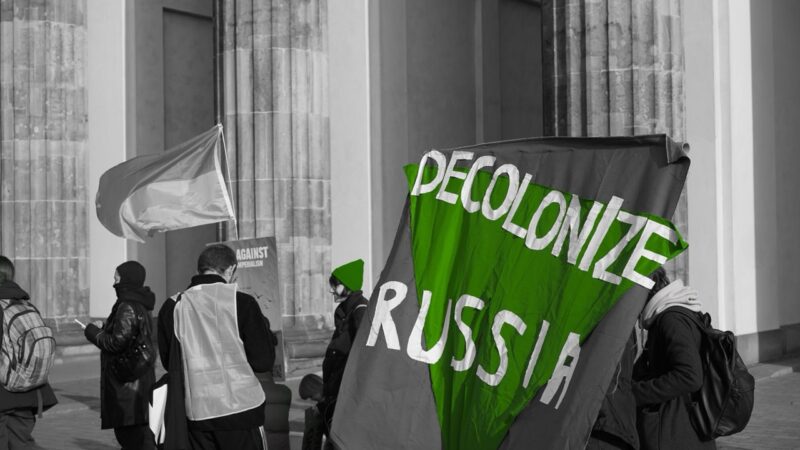
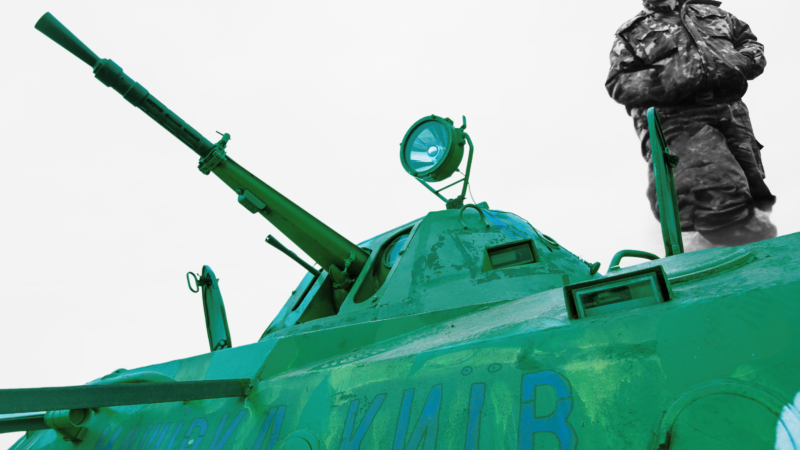
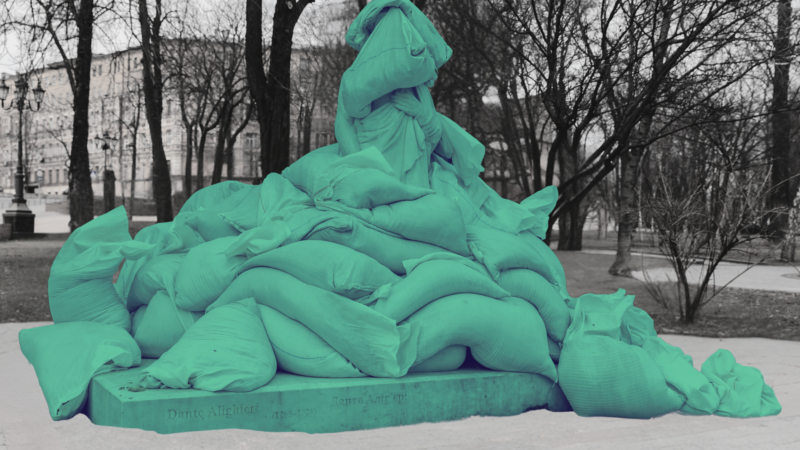

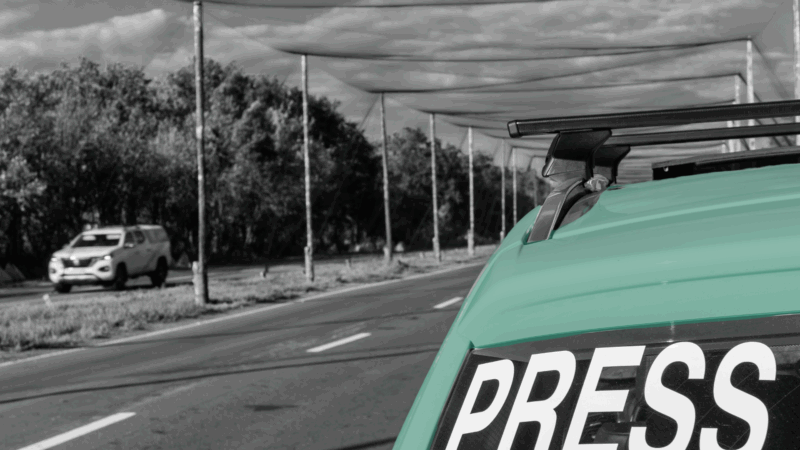
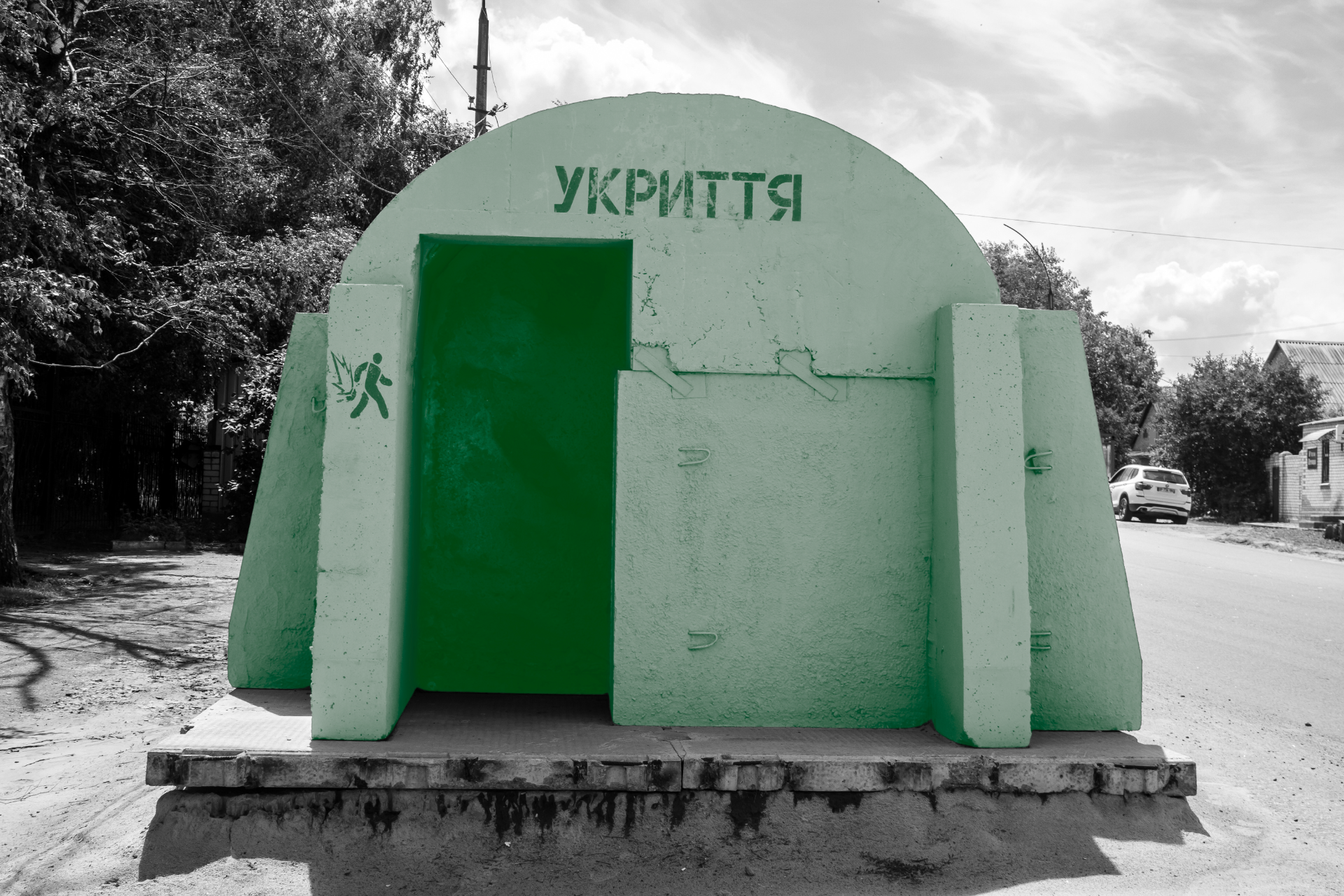
Thank you very much, Ms Shore for your clarity of thought on this evil situation. While I myself am not given to labelling the sides themselves I am very capable of knowing which is which and there is virtually no upside arguing with those who tie themselves into pretzels insisting all manner of inanities. Such is the USA these past few years. Fortunately, I am a Canadian, and my husband was American (Brooklyn NY) so I have a good grounding in US politics in all its many guises. As a Canadian on the wet, left coast, I am a big fan of both you and Tim and hope your family is well. I just finished The Ukrainian Night, 2nd reading, and The Road to Freedom is next. I also YouTubed Tim’s Yale course. I’m enough of a romantic that I cling to right over might, that justice will prevail, and I despair over how much one country can be expected to absorb, and yet they do. The murders of Victoria Amelina, the twins and all the others dead or injured in the restaurant in Kramatorsk still so top of mind while the next atrocity pushes for room. We who believe will prevail. Slava Ukraini!